Always admit when you're wrong. You'll save thousands in therapy... and a few friendships too
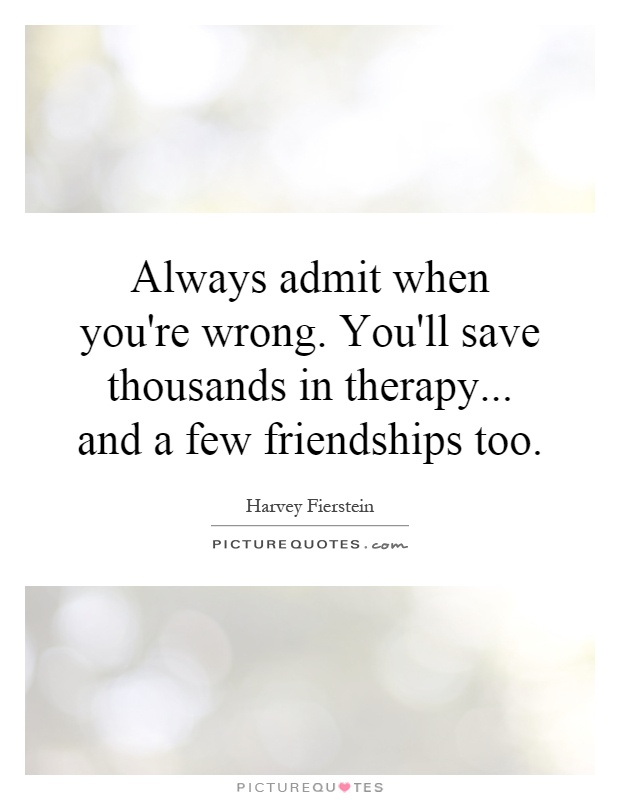
Always admit when you're wrong. You'll save thousands in therapy... and a few friendships too
Harvey Fierstein, the renowned actor, playwright, and LGBTQ+ activist, is no stranger to the importance of admitting when you're wrong. Throughout his career, Fierstein has been a vocal advocate for honesty, authenticity, and self-reflection. He understands that owning up to your mistakes not only saves you from unnecessary guilt and shame but also helps to maintain healthy relationships with those around you.In the world of show business, where egos can run high and conflicts are common, Fierstein's commitment to admitting when he's wrong has set him apart as a respected and admired figure. He knows that in order to thrive in such a competitive and demanding industry, it's crucial to be able to acknowledge when you've made a misstep and take responsibility for your actions. By doing so, Fierstein has not only saved himself from unnecessary drama and stress but has also earned the trust and respect of his colleagues and peers.
But Fierstein's commitment to honesty and self-awareness extends far beyond the stage and screen. In his personal life, he has always been open about his struggles and shortcomings, recognizing that vulnerability is a strength, not a weakness. By being willing to admit when he's wrong, Fierstein has been able to navigate difficult situations with grace and humility, avoiding unnecessary conflicts and misunderstandings.
Fierstein understands that admitting when you're wrong is not always easy. It requires a willingness to confront your own flaws and insecurities, and to be open to feedback and criticism. But he also knows that the benefits far outweigh the discomfort. By being honest with yourself and others, you can avoid the need for costly therapy sessions to work through unresolved issues and conflicts. And by taking ownership of your mistakes, you can preserve valuable friendships and relationships that might otherwise be damaged or lost.
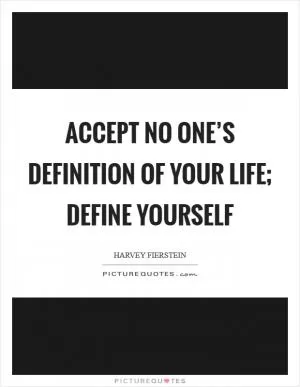


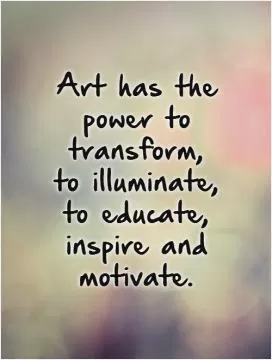
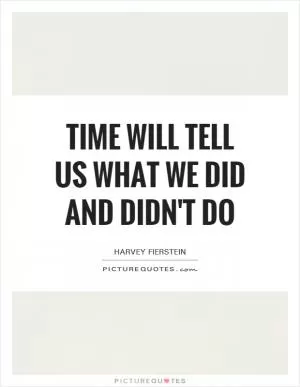
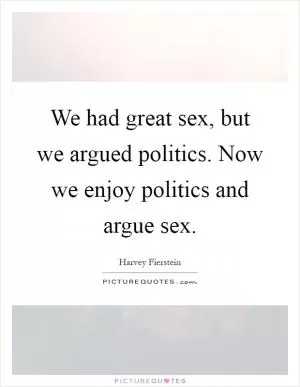
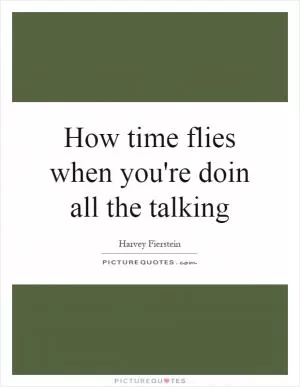
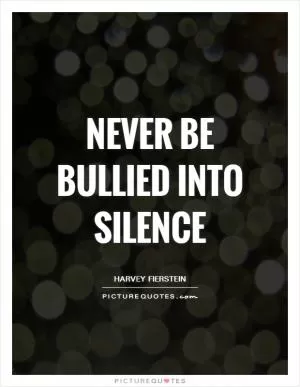
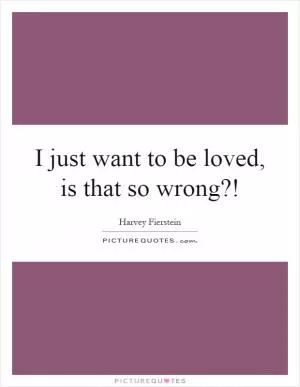
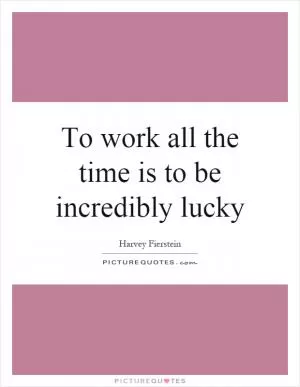
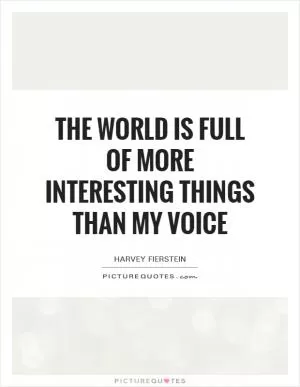
 Friendship Quotes
Friendship Quotes Love Quotes
Love Quotes Life Quotes
Life Quotes Funny Quotes
Funny Quotes Motivational Quotes
Motivational Quotes Inspirational Quotes
Inspirational Quotes